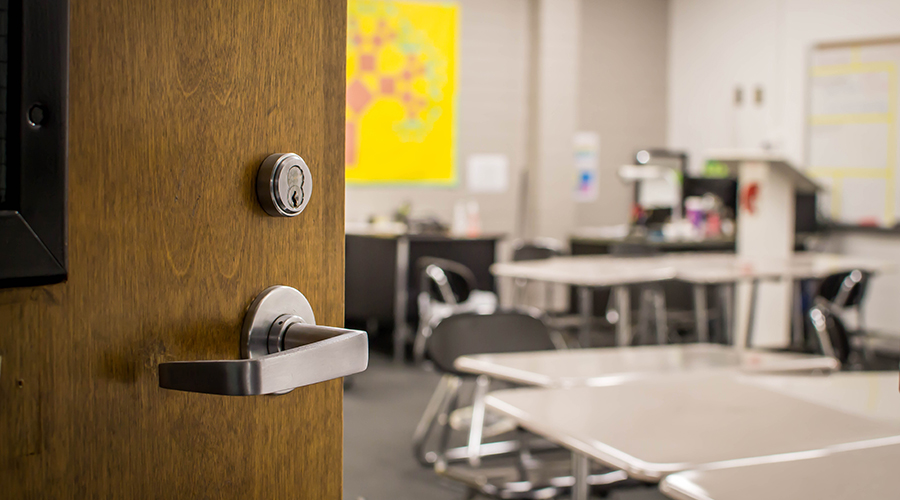« Back to Facilities Management News Home
« Plumbing & Restrooms
Paying Attention to Drains During the COVID-19 Pandemic
One of the things we learned from the SARS epidemic that began in 2002, is that many people in Hong Kong contracted the SARS virus by inhaling contaminated air.
This air was released from dried out drainage pipes of a large apartment complex in the city.
What happened was the water in the P-shaped traps below drains dried up. When that happened, sewer gasses containing the germs that cause SARS were released into the building and were inhaled.
We are learning now that COVID-19 is also being spread through the fecal-oral route. This was pointed out by research conducted by Hong Shan, MD, Ph.D., of the Fifth Affiliated Hospital, at Sun Yat-Sen University, in Zhuhai, China. This is one of China’s preeminent research hospitals.
This means that waste containing COVID-19 germs is ending up in sewer systems around the globe. However, there is even more concern about this happening with COVID-19.
The reason: Many commercial facilities are now closed. When they will open again is uncertain, which means the P-traps may, and likely will evaporate, releasing vapors that can spread the virus.
So, what can building owners and managers do to help prevent this evaporation?
According to Klaus Reichardt, CEO and Founder of Waterless CO., Inc, manufacturers of no-water urinals, among the steps they can take are the following:
- · Ensure all commercial kitchens and restrooms remain well-ventilated during the pandemic.
- · If possible, have building engineers wearing PPE gear* pour a small amount of water in every building drain every week.
- · Do not use bleach or any chemicals. “Our goal is not to clean the drains, just keep the P-trap full, so no sewer gasses are released.”
- · Pour liquid primers or “ever prime,” as they are called among professional plumbers, into all drains. “This only has to be performed once. The ever prime lasts for months and under all kinds of climate conditions."
Finally, before re-opening facilities, Reichardt said, “it would be a good idea to pour water and the liquid primer in all drains once again, just to be on the safe side.”
More From 4/28/2020 on FacilitiesNet








